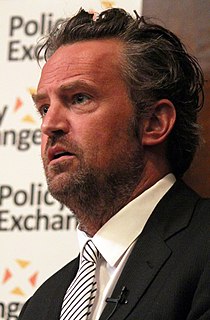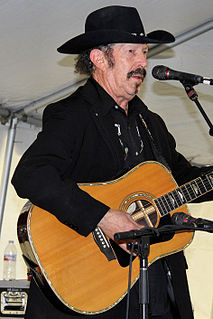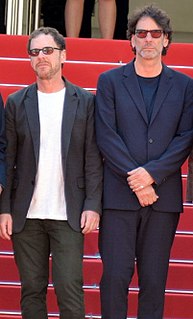A Quote by Steve Toltz
Raymond Chandler I love a lot, and the Austrian writer Thomas Bernhard. I really love his voice.
Related Quotes
There are authors like David Foster Wallace or Raymond Chandler - with voice-based authors I might end up a completist, because what I love about them isn't just the particular construction of one novel or another but their flavor. There is an Austrian writer, Thomas Bernhard, as well. One book is not necessarily greater than another book, but they just have this incredible, unique voice, so it doesn't really matter which one you read.
Like Hemingway and Faulkner, but in an entirely different mode, Fitzgerald had that singular quality without which a writer is not really a writer at all, and that is a voice, a distinct and identifiable voice. This is really not the same thing as a style; a style can be emulated, a voice cannot, and the witty, rueful, elegaic voice gives his work its bright authenticity.
There are certain writers I can't read when I'm trying to write because their voices are so distinct. Cormac McCarthy, he's the most different writer from anything I've ever written, but there's something about those really spare sentences that is just tough - it would be too much of an influence. Grace Paley is my favorite writer. Her stuff is so voice-driven, when I read her a lot I want to make my writing more voice-y and dialogue-heavy. I love a lot of stuff in translation.
I really wouldn't call a lot of what's online "literature" since that word, to me, refers to a sub-genre of writing that belongs to the heavy-hitters, the canonical writers, Shakespeare, Dante, Milton, Dostoevsky, Kafka, and even Toni Morrison, George Saunders, Thomas Bernhard, Sebald, Borges, DFW, e.g.
When we have a favorite writer, it's always the places where they grew up, lived, worked, and that they recreated on the page that we most want to visit and commune with. Faulkner's Mississippi, Raymond Chandler's Los Angeles, etc. The mind of the reader longs to be somewhere, not just anywhere, and certainly not nowhere.




































